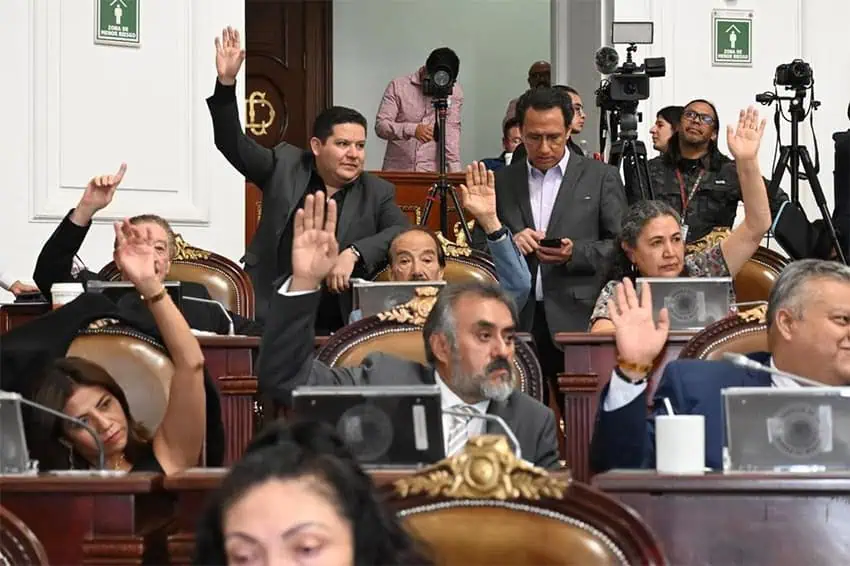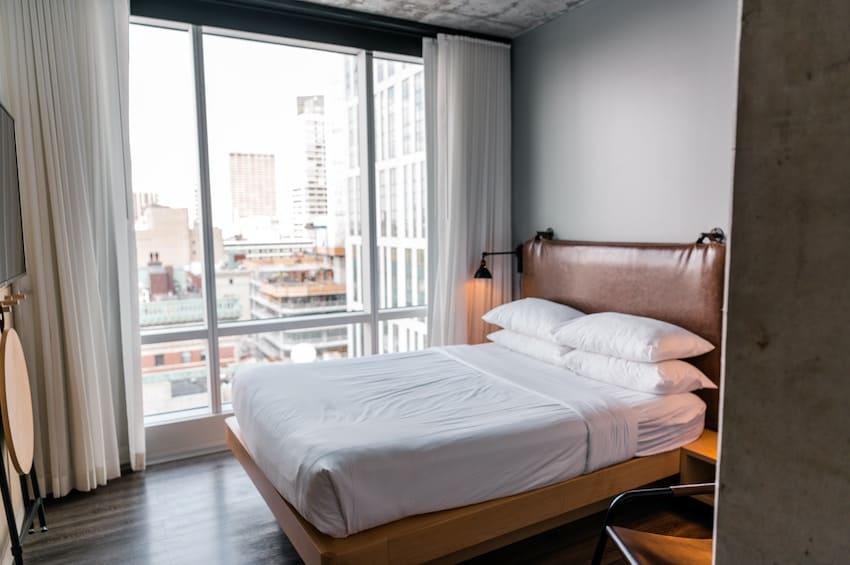CDMX tightens rent control, tying increases to inflation

The Mexico City Congress on Thursday approved a rent control bill pegging residential rent increases in CDMX to inflation. It replaces regulations that allowed landlords to hike rents as much as 10% annually.
The most recent data from national statistics agency INEGI reported an annual inflation rate of 5.57%.
The bill passed by a near perfect 57-0 vote. Three lawmakers were absent, having taken leave ahead of their Sept. 1 inauguration as federal congressmen.
City legislators acted quickly to pass the proposal submitted by interim Mayor Martí Batres on July 29. Batres said the bill was necessary because rents in the capital had increased eight times the minimum wage between 2013 and 2019.
In just three-and-a-half weeks, the Congress called a Special Session and moved the rental reform legislation through committee and onto the floor for the final vote with little debate.
Deliberation included neither public forums nor consultations with realtors or private housing agencies.

“Housing is not a luxury, it is a right that we must guarantee,” said PRD congresswoman Polimnia Romana Sierra during floor debate ahead of the vote. “By relieving the undue burden of [high] rents, we are making the city more just, allowing everybody to have a place to call home.”
Housing has been of particular interest to Batres since he stepped in for now-President-elect Claudia Sheinbaum in June 2023.
Two months ago, he introduced a pilot program to provide low-rent apartments in neighborhoods impacted by gentrification. Late last year, Batres submitted a proposal to regulate temporary accommodation services offered via digital platforms like Airbnb and Booking.com, a bill the Mexico City Congress approved in April.
The new rent control law obligates the CDMX government to establish a digital registry of all rental contracts. All property owners — personal and corporate — must register new rental contracts within 30 days of signing, and all existing contracts must be registered within 90 days of the law’s enactment.
The rental contracts will not be made public except via judicial resolution. Penalties were also established for misuse of the registry.
The reform bill also amended the city’s Housing Law to guarantee the construction of affordable public housing for low-income residents, specifically favoring the poor, the working class, single mothers and people between the ages of 18-35.
Thursday’s agenda also featured the passage of several other reforms proposed by Mayor Batres:
- Constitutional changes related to neighborhood improvement activities
- Respect for private, public and social property was written into the city Constitution, bringing it into agreement with Article 27 of the federal Constitution
- A new regulation requires that magistrates and judges prioritize the principle of restorative justice in their decisions
With reports from La Jornada, El Economista and El Financiero
Source: Mexico News Daily

